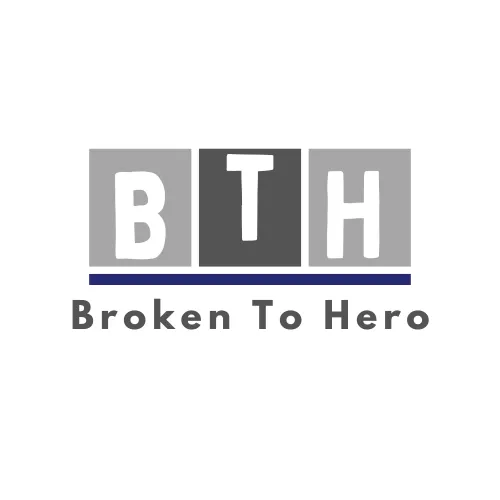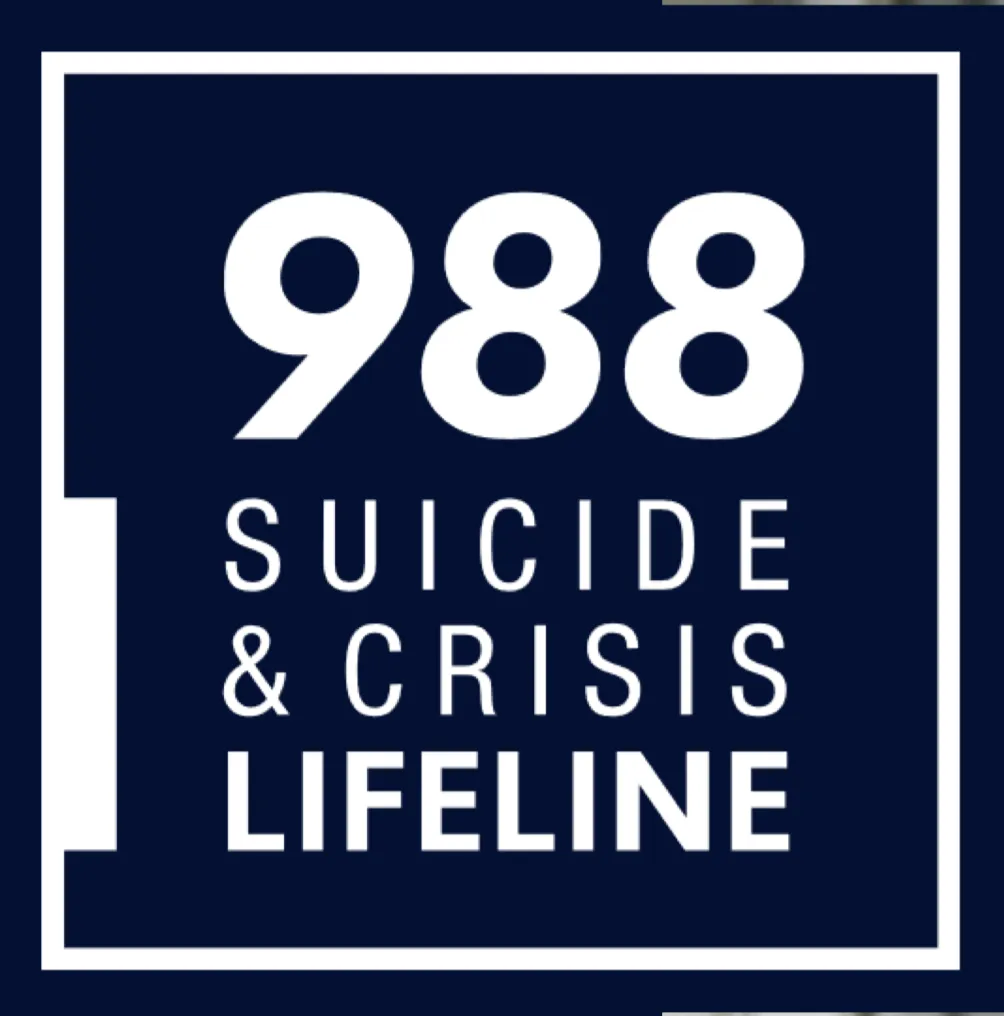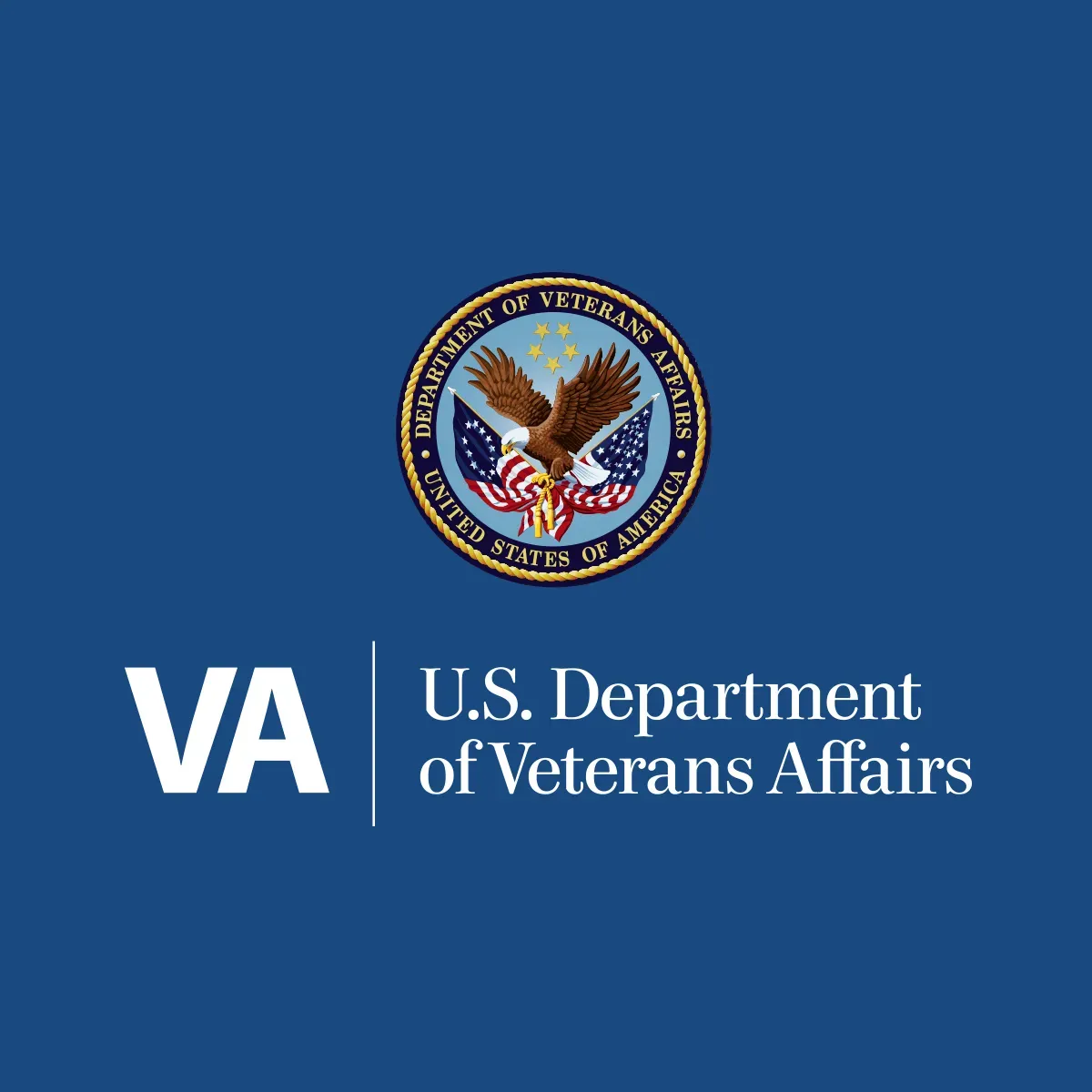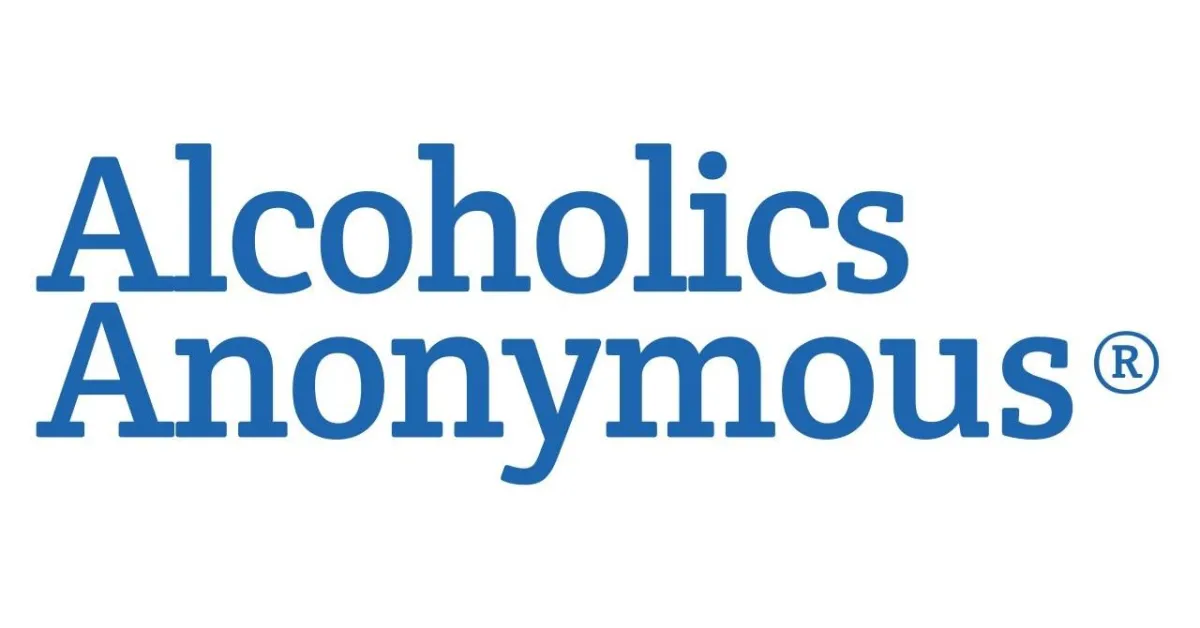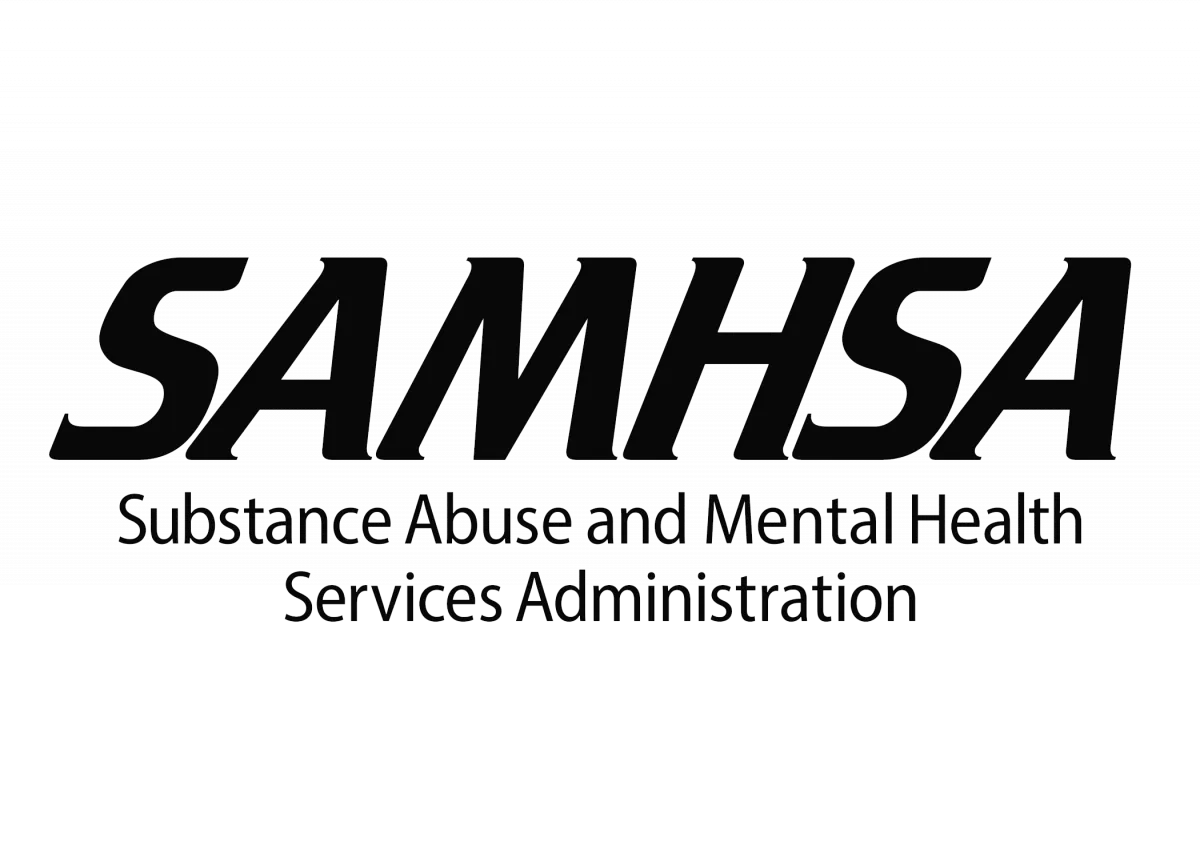FAQS
How does life coaching differ from therapy?
While both life coaching and therapy aim to support personal growth, they have distinct approaches. Therapy typically focuses on addressing past traumas, emotional healing, and diagnosing mental health conditions. On the other hand, life coaching is forward-focused, centered around setting and achieving goals, enhancing performance, and unlocking potential. If you're seeking to overcome specific challenges from your past, therapy might be more suitable. If you're looking to create a roadmap for personal or professional success, life coaching could be the right fit.
How often are coaching sessions conducted?
Coaching sessions frequency can vary based on your needs and preferences. Typically, we recommend starting with weekly sessions to establish momentum and make consistent progress. As you gain confidence and traction towards your goals, sessions might transition to bi-weekly or monthly. The flexibility of our approach ensures that the coaching frequency adapts to your evolving requirements, ensuring optimal support and accountability.
What if I'm unsure about my goals and direction?
It's completely normal to feel uncertain about your goals and direction. Our coaching process begins with an initial assessment where we'll work together to clarify your aspirations, values, and priorities. Through insightful questioning and exploration, we'll collaboratively uncover your passions and potential areas for growth. If you're not entirely sure about your goals, our coaching can help you gain clarity and chart a course that aligns with your authentic self. Remember, the journey towards clarity is an integral part of the coaching process itself.
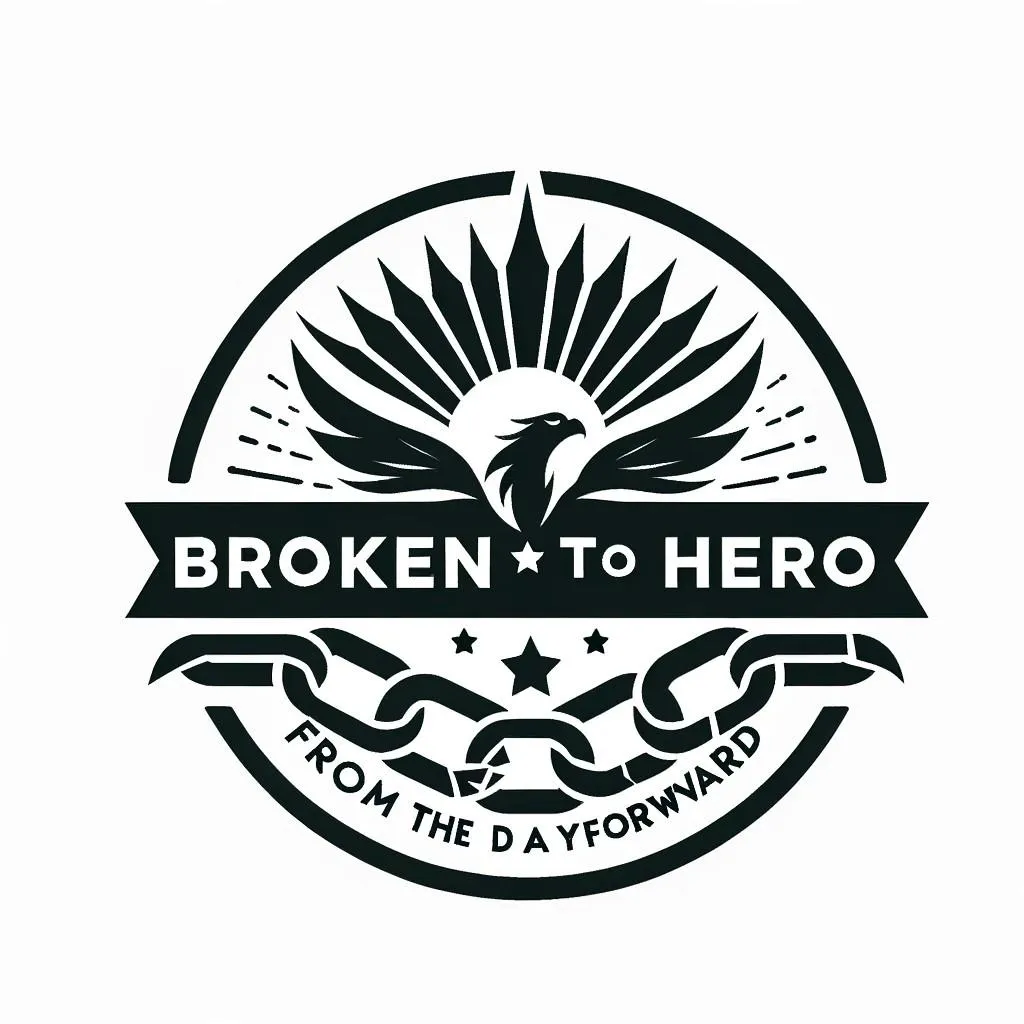
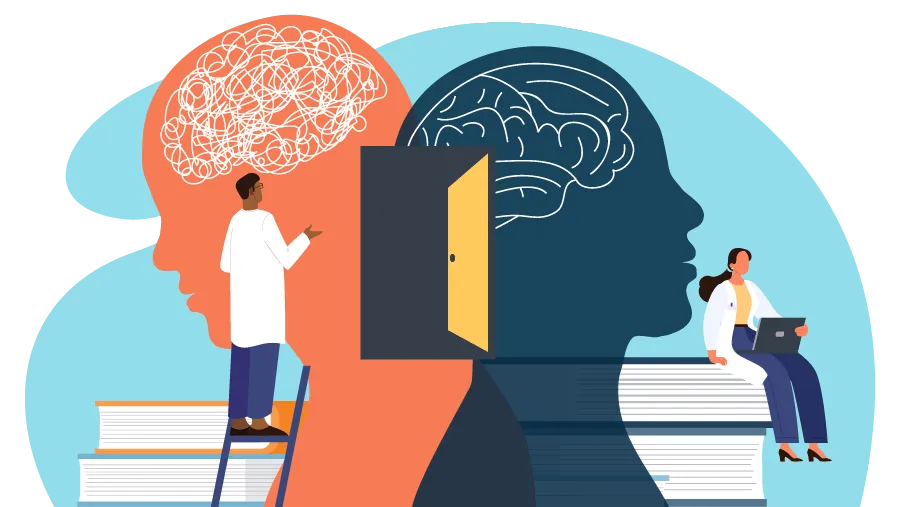
How to Access Mental Health Care through the Department of Veteran Affairs (VA)
Accessing mental health care through the Department of Veteran Affairs (VA) involves several steps. Here’s a guide to help Veterans navigate the process:
1. Eligibility and Enrollment
• Check Eligibility: Most Veterans are eligible for VA health care, including mental health services. Eligibility depends on factors like service history, disability status, and income.
• Enroll in VA Health Care: If you’re not already enrolled, you can apply online, by mail, by phone, or in person at a VA medical center. Visit the VA Health Care Enrollment page for more details.
2. Scheduling an Appointment
• Primary Care Provider (PCP): Once enrolled, you’ll be assigned a primary care provider (PCP) who can refer you to mental health services.
• Direct Appointment: You can also directly contact your nearest VA medical center or community-based outpatient clinic (CBOC) to schedule a mental health appointment. Use the VA Facility Locator to find the nearest facility.
3. Emergency and Urgent Care
• Emergency Situations: If you’re experiencing a mental health crisis, call the Veterans Crisis Line at 1-800-273-8255 and press 1, or text 838255.
• Urgent Care: Many VA facilities offer walk-in urgent mental health care.
4. Types of Mental Health Services
• Counseling and Therapy: Individual, group, and family therapy sessions.
• Medication Management: Evaluation and management of medications by a psychiatrist or other qualified provider.
• Specialized Programs: PTSD treatment programs, substance use disorder programs, and other specialized mental health services.
5. Telehealth Services
• VA Video Connect: Access mental health care from home through video appointments.
• Mobile Apps: VA offers various apps for mental health support, such as PTSD Coach and Mindfulness Coach.
6. Support Services
• Peer Support: Programs where veterans help other veterans.
• Support Groups: Groups for various conditions like PTSD, depression, and substance use disorders.
• Family Support: Services to support family members of veterans.
7. Additional Resources
• Vet Centers: Community-based centers offering counseling, outreach, and referral services.
• Community Care: If VA services are not available, veterans may be eligible for care through community providers.
8. Contact Information
• Veterans Crisis Line: 1-800-273-8255, press 1 (available 24/7)
• VA Health Care Enrollment: 1-877-222-8387
• VA Facility Locator: Find Locations
• VA Telehealth Services: VA Telehealth
For further assistance, visit the VA Mental Health Services page or contact your local VA facility.
Available Help
988 Suicide and Crisis Lifeline We can all help prevent suicide. The 988 Lifeline provides 24/7, free and confidential support for people in distress, prevention and crisis resources for you or your loved ones, and best practices for professionals in the United States.
The United States Department of Veterans Affairs is a Cabinet-level executive branch department of the federal government charged with providing lifelong healthcare services to eligible military veterans at the 170 VA medical centers and outpatient clinics located throughout the country.
Find A.A. Near You This website does not contain a meeting finder. Contact one of the A.A. resources below for a meeting list in that location and the surrounding area.
The Online Intergroup of Alcoholics Anonymous, or OIAA, is an International service organization established in accordance with the Ninth Tradition of Alcoholics Anonymous A.A., specifically for the purpose of assisting online.
A simple, supportive approach to mental health care. Find a therapist who fits your needs and takes your insurance.
NAMI is the National Alliance on Mental Illness, the nation’s largest grassroots mental health organization dedicated to building better lives for the millions of Americans affected by mental illness.
If you or someone you know has a mental illness, is struggling emotionally, or has concerns about their mental health, there are ways to get help.
The Substance Abuse and Mental Health Services Administration (SAMHSA) is the agency within the U.S. Department of Health and Human Services (HHS) that leads public health efforts to advance the behavioral health of the nation and to improve the lives of individuals living with mental and substance use disorders, and their families.
The National Network of Depression Centers (NNDC) develops and fosters connections among members to use the power of our network to advance scientific discovery, and to provide stigma free, evidence-based care to patients with depressive and bipolar illnesses.
